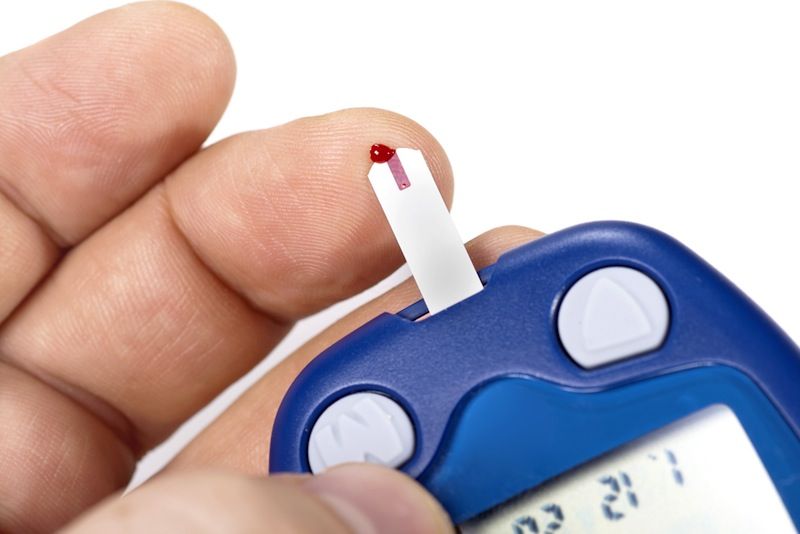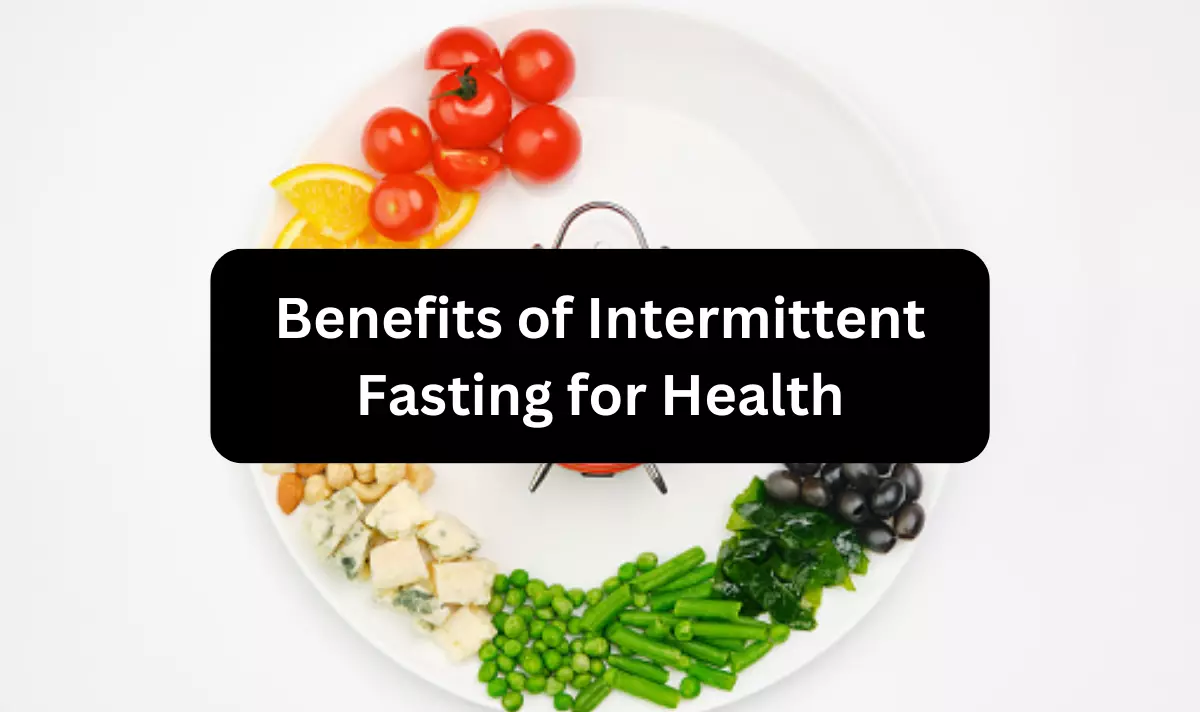Pretty sure everyone has at least one episode of an upset stomach in their whole life. As an adult, we probably had gone to some food buffet or some food festival event and ended up in an episode of going back and forth to the toilet because of diarrhoea. It is no laughing matter when a person faces this episode and definitely a person would ask a doctor to get relief for it. Situation mentioned just now could be a sign of a disease called gastroenteritis.

Gastroenteritis is an infectious disease syndrome caused by the inflammation of the gastrointestinal tract including stomach, small intestine or large intestine. Gastroenteritis can be caused by plethora infectious microorganisms including virus, bacteria and parasites. Some gastroenteritis even is caused by other medical conditions including medications that is common with gastroenteritis such antibiotics, nonsteroidal anti-inflammatory drugs (NSAIDs) and chemotherapy, and diseases associated with the gastrointestinal system like Crohn disease, irritable bowel syndrome, lactose intolerance and malabsorption.
Gastroenteritis may seem a small problem or little nuisance in a First World country but it is a totally different situation for those living in poor countries such as Africa where those involved in gastroenteritis may actually end up with life-threatening conditions. This disease has been reported to be responsible for more than 17000 deaths in adults. Adults over 65 years old made up about more than 80% of this death.
Gastroenteritis usually lasts less than 4 days but in cases of persistent gastroenteritis it could be 4 to 30 days and cases of chronic gastroenteritis may actually last more than 30 days. As mentioned, gastroenteritis itself is an infectious disease syndrome. This directly translates as a person will likely to experience multiple symptoms and in gastroenteritis, it is common to see a person have nausea, vomiting, abdominal pain, cramping and diarrhoea.
When a person is down with gastroenteritis, usually a person may not need a specific treatment as this disease usually can be solved on its own. A person should stay at home and take some measures to help improve the symptoms. This can be from drinking plenty of fluids to prevent oneself from falling into a dehydration episode, taking paracetamol when a person has fever or aches and taking anti-vomiting medication or antidiarrheal medication when needed. These medications can easily be bought in pharmacies as it is considered as an over-the-counter medication.
Although common episode of gastroenteritis may not need a person to get medical advice, a person should considered to meet a doctor if:
- the dehydration symptoms get worse by acknowledging the sign of persistent dizziness
- losing consciousness or problem with passing urine
- a bloody diarrhoea
- constantly vomiting
- inability to have any fluid through drinking
- a high fever of more than 38 C
- symptoms have not improved after few days
- a person has history of returning from country that is poor of sanitation
- a serious underlying medical condition such as kidney disease, inflammatory bowel disease or weak immune system
Since gastroenteritis can be caused by many reasons and microorganisms, it can be quite difficult to pinpoint the exact underlying disease. The best advice when a person thinks they are having an episode of gastroenteritis and not sure if what they are experiencing is serious or not, it is always better to be safe than sorry by meeting a healthcare professional to get better understanding and to get the right diagnosis. An important takeaway advice that is often overseen is to make sure to practise good hygiene by washing hands frequently, disinfect any surfaces that could be potentially contaminated and to always practise good food hygiene by making sure the food is properly kept in the refrigerator and to cook food thoroughly.











